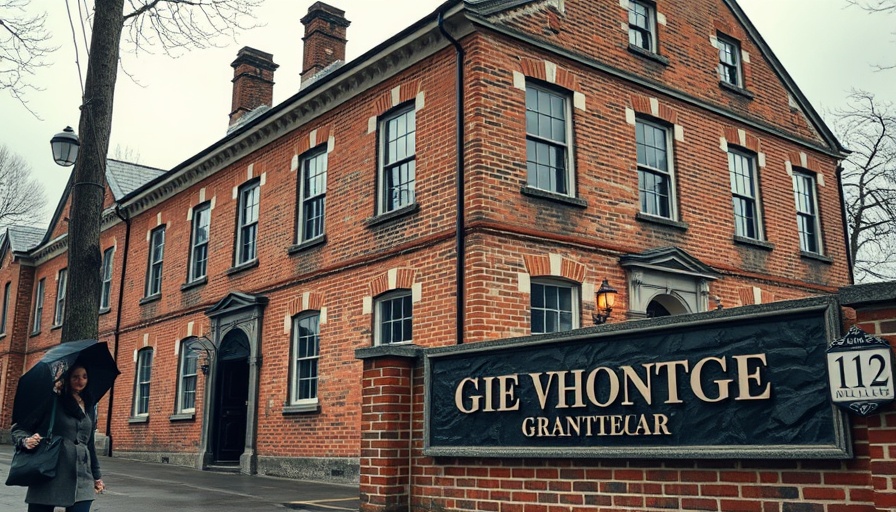
Understanding the Fannie Mae and Freddie Mac Debate
As discussions surrounding the privatization of Fannie Mae and Freddie Mac intensify, many are left wondering what this means for average homeowners and potential buyers. The government-sponsored entities (GSEs) were placed under conservatorship during the 2008 financial crisis to stabilize the housing market. Since then, they have played a critical role, controlling a staggering 70% of the mortgage market. Without their government backing, experts warn that increasing borrowing costs could undermine housing stability.
The Risks of Rapid Privatization
According to financial analysts at Pimco, rushing to release Fannie Mae and Freddie Mac from their decades-long conservatorship could have detrimental effects on the mortgage industry. The firm cautioned that if privatization occurs without first assessing the reliability of the government's guarantee on loans, mortgage rates are likely to rise. This unaffdordable rise in mortgage rates would create a significant burden on potential homeowners, especially in an already precarious housing market where affordability is a pressing issue.
Investors Are Eager but Cautious
The excitement among investors is palpable, as shares of Fannie Mae and Freddie Mac have witnessed substantial gains—up 138% and 92% respectively since the November elections. However, this optimism comes with its own set of risks. While privatization might benefit shareholders in the short term, it poses the danger of destabilizing the housing market that has just begun to recover from the last crisis. The question remains: is a profitable future for investors worth jeopardizing housing affordability for countless Americans?
The Current State of Mortgage Rates
Currently, the 30-year fixed mortgage rate hovers around 6.81%, which is significantly higher than the ultra-low rates experienced in the aftermath of the 2008 financial meltdown. With rising home prices and increased costs of living, many potential homebuyers are already feeling the pinch. An increase in rates due to privatization could push many families out of the market altogether, exacerbating an affordable housing crisis.
Government Response to Market Trends
Dialogue regarding the impact of Fannie Mae and Freddie Mac's privatization holds considerable weight, particularly within the administration. Treasury Secretary Scott Bessent mentioned evaluating the potential for increased mortgage rates as a condition for any release plans. This indicates that the government is conscious of the ripple effects that such an action could entail for average citizens navigating the housing market.
Counterarguments: A Diverse Perspective
While critics of privatization express concern over rising borrowing costs, proponents argue that re-privatization might restore market competition, ultimately benefiting consumers. They posit that reducing government control could also lead to more innovation and efficiency in the mortgage industry. However, this perspective requires careful scrutiny, as the potential benefits must be weighed against the stark realities of the existing housing crisis.
Future Predictions: What Lies Ahead?
Looking ahead, the housing market's trajectory remains uncertain. If Fannie Mae and Freddie Mac are privatized without sufficient safeguards, the risks could be profound. The real estate market could experience increased volatility, leading to uncertainty that could deter potential homebuyers. Policymakers must consider these ramifications critically. The consequences of their decisions will not only shape the immediate landscape of home financing but also affect economic health for years to come.
Call to Action: Stay Informed
Given the shifting sands of the housing market, it is crucial for potential buyers and investors to stay informed about developments related to Fannie Mae and Freddie Mac. Engaging in this conversation can empower stakeholders and drive forward solutions that benefit the entire economy.
 Add Row
Add Row  Add
Add 




 Add Row
Add Row  Add
Add 

Write A Comment